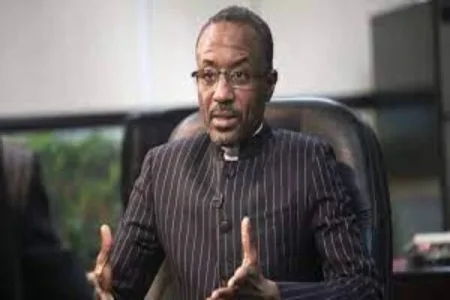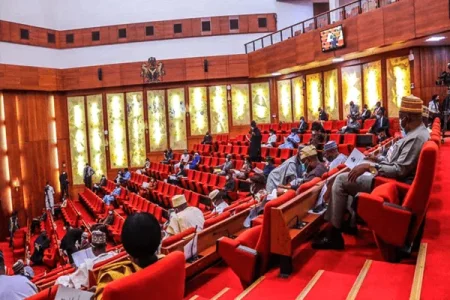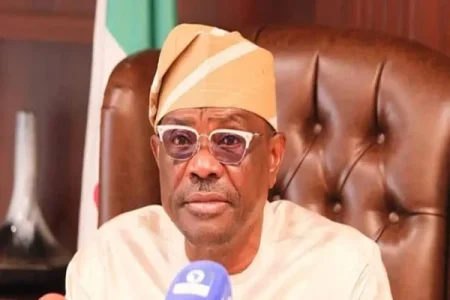
Former Governor of the Central Bank of Nigeria (CBN), Sanusi Lamido Sanusi, has stirred controversy once again by demanding a comprehensive audit of the Nigerian National Petroleum Company Limited (NNPCL). Speaking at The Bank Directors Summit in Abuja, Sanusi, who attributes his past removal from the apex bank to a similar call, emphasized the need for transparency within the national oil sector.
Sanusi's bold remarks extended beyond financial scrutiny, as he asserted that the President should relinquish the role of Minister of Petroleum. The ex-CBN chief underscored his stance on maintaining the independence of key financial institutions, such as the Asset Management Corporation of Nigeria (AMCON) and the Nigeria Deposit Insurance Corporation (NDIC), until banks settle their debts.
Addressing the trust deficit in the banking sector, Sanusi emphasized the necessity of rebuilding public confidence without amending the CBN Act to insulate the apex bank from political influences. His comments echo a broader conversation about the delicate balance between financial autonomy and political oversight.
In a notable move in August, President Bola Tinubu made changes to the Ministry of Petroleum Resources, appointing Ekperipe Ekpo as Minister of State, Gas Resources, and Heineken Lokpobiri as Minister of State, Petroleum Resources. However, reminiscent of his predecessor, ex-President Muhammadu Buhari, President Tinubu retained the substantive position of Minister of Petroleum Resources for himself.
Sanusi's outspoken stance adds fuel to the ongoing discourse surrounding the separation of political and financial roles in Nigeria's governance structure, with implications for transparency, accountability, and public trust in key institutions. As his words reverberate, the call for an NNPC audit gains momentum, challenging established norms in the nation's economic landscape.




